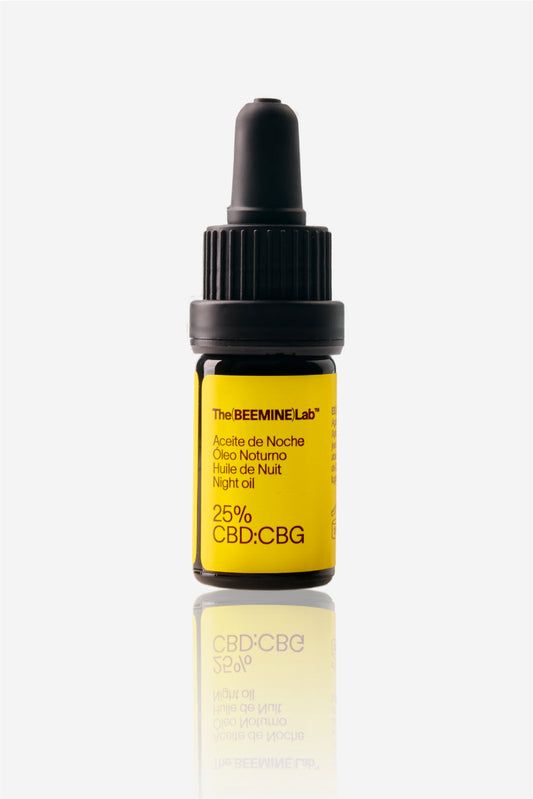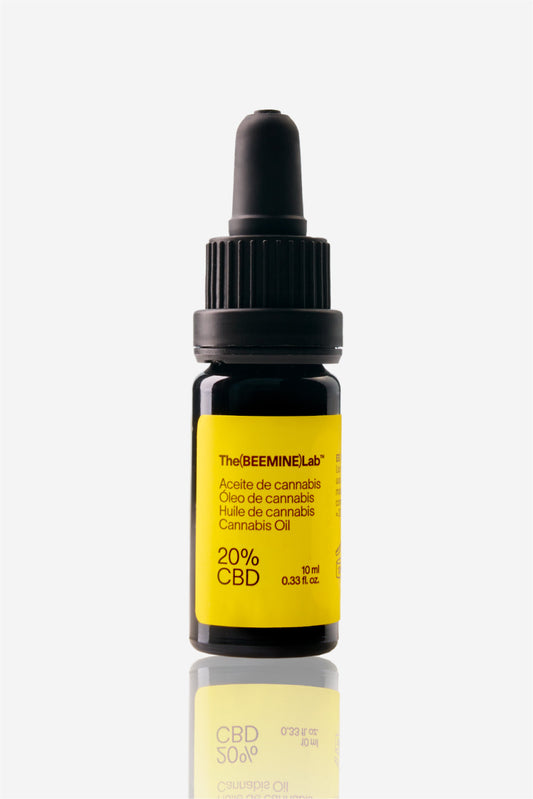[caption id="attachment_4953" align="alignleft" width="305"]

Bees have a thin layer of hairs on their bodies that collect pollen. They can carry up to 30% of their weight in pollen.[/caption]
Why are bees so important?
Sponsoring a hive has become a very important gesture. Bees are a very important pollinating insect . That is why we are going to tell you what sponsoring a hive consists of. There are others such as butterflies, ladybugs or flies, but none are as important for biodiversity as bees.
Bees have a thin layer of hairs, which collect pollen efficiently . In this way, bees transport this pollen to other plants and thus they are pollinated.
Unfortunately, the global bee population is threatened by factors such as pollution, pesticides, parasites and invasive species.
One of the possible solutions to stop the disappearance of the species is
the increase and protection of hives through sponsorship.
But
not all bees are suitable for sponsorship ; there are many species of bees that have their own threats and social structures.
Types of bees:
There are several types of bees:
-
Solitary bees: Most bees are solitary , meaning that each female is fertile and responsible for feeding and laying eggs, and most commonly lives in a nest that she builds herself. There are no worker bees for these species . Solitary bees typically do not produce honey or beeswax . They are immune to the parasite, Varroa destructor, however, they do have their own parasites, pests, and diseases.
-
Stingless bees: Stingless bees are very diverse in their behavior, but all are highly social. They practice mass provisioning, complex nest architecture, and perennial colonies.
-
Bumblebees: Bumblebees are eusocial bees, meaning they have a very high level of social organization. The queen starts a nest on her own (unlike honey bee queens and stingless bees, which start their nests by swarming with a group of workers).
-
[caption id="attachment_4954" align="alignright" width="270"]
 Honey bees are the best known for their important connection with humans. These bees produce honey and beeswax.[/caption]
Honey bees: Honey bees have without a doubt the most complete social behaviour among bees. They are the best known bee species and are the ones linked to sustainable beekeeping.
Honey bees are the best known for their important connection with humans. These bees produce honey and beeswax.[/caption]
Honey bees: Honey bees have without a doubt the most complete social behaviour among bees. They are the best known bee species and are the ones linked to sustainable beekeeping.
A very important factor that they have in common is that, during their search for food,
they usually collect the nectar and pollen of only one type of plant , thus
promoting the pollination of crops on a very large scale.
[caption id="attachment_4980" align="alignleft" width="234"]

Extraction method of organic beekeepers in Portugal.[/caption]
Sustainable beekeeping
Currently, projects such as
Ecocolmena offer new models of
sustainability in beekeeping for the
conservation of ecosystems and the protection of the most important animal species on the planet:
bees . These sustainable beekeeping projects prioritize the well-being and balance of bees and their hives over honey production. In addition, they do not use synthetic chemical products to carry out their work.
This sustainable beekeeping promotes the growth and protection of the species by
reducing the impact of external factors such as pollution, pesticides, hive stress, vulnerability to parasites and other elements,
which cause the mortality of 1/3 of the bee population worldwide.
How does hive sponsorship work?
Currently , the production and distribution of
honey is monopolized by imported honey, originating from
intensive beekeeping that does not use sustainable honey extraction methods . These beekeeping methods
damage the well-being and balance of the hives by prioritizing the obtaining of raw material.
Sponsoring a hive has become a way for
organic beekeepers to finance their projects and carry out their extraction methods, either by
matching competitive prices or
by involving people in
the protection of the species, the importance of
local honey consumption and the work of beekeeping.
What does sponsoring a hive consist of?
-
The sponsor pays an annual fee to sponsor a hive, thus financing the materials and resources needed to maintain a new hive.
-
The beekeeper receives financial compensation for carrying out his activity beyond competitive margins, maintaining his extraction method, and protecting the hives.
- The sponsor shares the risks and benefits of that year /harvest and receives part of the harvest. He or she can also visit the sponsored hives.
- Thanks to this synergy, the bee population is increased, prioritizing their well-being.
How can I sponsor a hive?
You can do it
directly through the Ecocolmena program , you can also support our sponsorship of hives by purchasing our products through the website:
Sponsor a hive . Follow us on
Instagram .
Try our
organic rosemary honey .
 Bees have a thin layer of hairs on their bodies that collect pollen. They can carry up to 30% of their weight in pollen.[/caption]
Bees have a thin layer of hairs on their bodies that collect pollen. They can carry up to 30% of their weight in pollen.[/caption]
 Honey bees are the best known for their important connection with humans. These bees produce honey and beeswax.[/caption]
Honey bees: Honey bees have without a doubt the most complete social behaviour among bees. They are the best known bee species and are the ones linked to sustainable beekeeping.
Honey bees are the best known for their important connection with humans. These bees produce honey and beeswax.[/caption]
Honey bees: Honey bees have without a doubt the most complete social behaviour among bees. They are the best known bee species and are the ones linked to sustainable beekeeping. Extraction method of organic beekeepers in Portugal.[/caption]
Extraction method of organic beekeepers in Portugal.[/caption]







